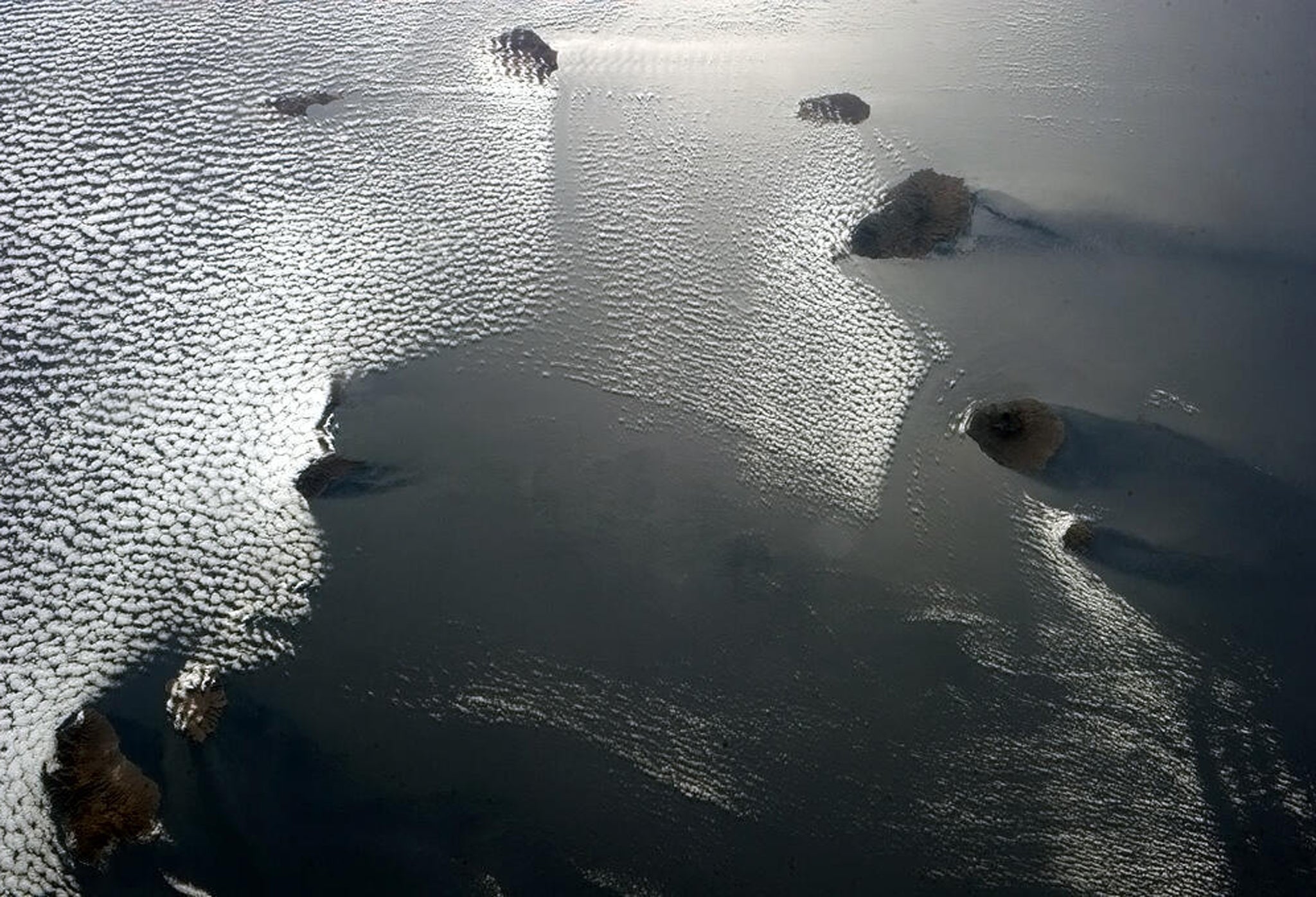Cape Verde: The African country that plans to run on 100% renewable energy by 2020
The island nation's energy minister says its goals are perfectly achievable - and won't just help Cape Verdeans

Your support helps us to tell the story
From reproductive rights to climate change to Big Tech, The Independent is on the ground when the story is developing. Whether it's investigating the financials of Elon Musk's pro-Trump PAC or producing our latest documentary, 'The A Word', which shines a light on the American women fighting for reproductive rights, we know how important it is to parse out the facts from the messaging.
At such a critical moment in US history, we need reporters on the ground. Your donation allows us to keep sending journalists to speak to both sides of the story.
The Independent is trusted by Americans across the entire political spectrum. And unlike many other quality news outlets, we choose not to lock Americans out of our reporting and analysis with paywalls. We believe quality journalism should be available to everyone, paid for by those who can afford it.
Your support makes all the difference.The island nation of Cape Verde has pledged to power the entire country with nothing but renewable energy by the year 2020, and vowed to help other African states work towards the same goal in future.
With almost no mineral resources of its own and little arable farmland, the outcrop in the middle of the Atlantic ocean relies on expensive imports for almost all the needs of its 550,000 population.
But there are two things it does have in abundance: sun and wind.
In 2010, the Cape Verde government released a study setting out the benefits of investing heavily in solar power plants and wind turbines, suggesting short term targets of 25 per cent renewable energy by the end of 2011 and 50 per cent by 2020.
Yet that same research suggested the country would benefit in a variety of ways if it could achieve the loftier ambition of completely divesting from all fossil fuel imports.
The project Cabeólica was established as the first Public Private Partnership (PPP) to deliver commercial scale wind power in sub-Saharan Africa.
Ana Monteiro, the project’s head of environment, social and administration, said they they were already supplying 25 per cent of the electricity consumed in Cape Verde through 30 wind turbines across the country’s four largest islands - beyond expectations.
At peak, renewables now account for more than a third of the country’s energy demands, and energy minister Anildo Costa told CNN the country was in a unique position in west Africa - not just because it is a chain of islands situated 400km off Senegal’s coast.
“Cape Verde wants to serve as a laboratory,” he told CNN. “We’ll invest in technological innovations so we can learn over time, and fully adopt those technologies once they become profitable for the country.
“Given the share of renewable energy in our network, and our intensive experience of these technologies, we should be able to share this experience beyond our borders.”
Last year, the government founded the Centre of Renewable Energy and Industrial Maintenance (CERMI), which it hopes can become a resource for the whole of west Africa.
And it has now revised its renewable goals for the decade - 30/35 per cent by the end of 2016, 50 per cent by 2018 and 100 per cent by 2020.
The government says its strategy is perfectly achievable, and not just driven by the urgent, international need to divest from fossil fuels and cut carbon emissions, though green is in the country's name.
Many islanders live in poverty, and as much as 20 per cent of the country’s GDP comes just from remittance payments sent back by expatriate Cape Verdeans. Investment in wind and solar won’t just cut the need for expensive imports - it will create jobs, too.
“We see our investment in renewable energy as something larger,” Mr Costa said. “We want to have a state of the art renewable energy sector that serves as a reference point for the entire country.”
Join our commenting forum
Join thought-provoking conversations, follow other Independent readers and see their replies
0Comments